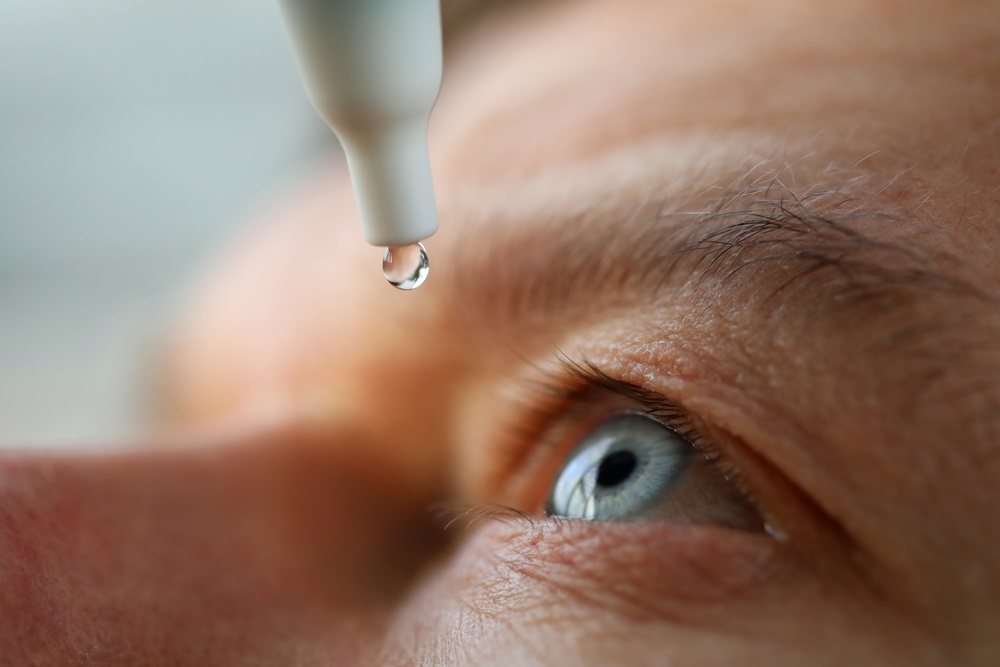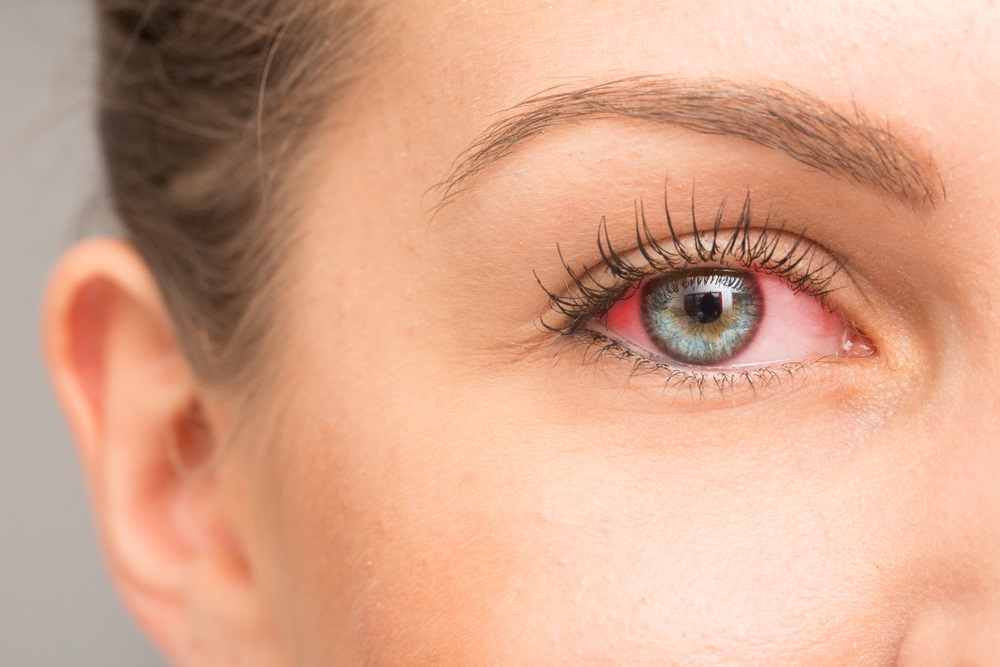Dry Eye Syndrome, also known as dry eye disease (DED), is a prevalent and misunderstood ocular condition affecting millions worldwide. If left untreated, it can be painful and even debilitating. This comprehensive guide will delve deep into Dry Eye Syndrome, exploring its causes, symptoms, and treatment options. We will provide a detailed understanding of this condition and how to manage it effectively.
Contents
What is Dry Eye Syndrome?
Dry Eye Syndrome is a chronic eye condition characterized by insufficient lubrication and moisture in the eye. The tear film, which normally keeps the eye’s surface smooth and clear, is compromised in individuals with DED. This might result in unpleasant symptoms that influence everyday living and ocular health.
Common Symptoms of Dry Eye Syndrome
Here are some common symptoms associated with Dry Eye Syndrome:
Dryness
The eyes may feel dry, gritty, or like something foreign. This persistent dryness can cause significant discomfort and affect your overall well-being.
Burning Sensation
Many individuals with DED experience a burning or stinging sensation in their eyes. This sensation can vary in intensity, making it particularly distressing for those affected.
Redness
The eyes may appear red and bloodshot due to irritation. This affects how your eyes look and can also be a source of embarrassment.
Excessive Tearing
Paradoxically, some people with DED may produce excessive tears as the eyes try to compensate for the dryness. These “reflex tears” do not effectively lubricate the eyes and can blur vision.
Blurry Vision
Vision may become temporarily blurry, especially when reading or using a computer for an extended period. This can interfere with daily tasks and reduce productivity.
What Causes Dry Eye Syndrome?
Understanding the causes of Dry Eye Syndrome is crucial for effective management. Several factors contribute to the development of DED, including:
Environmental Factors
- Low Humidity: Dry environments with low humidity levels can accelerate tear evaporation, leaving your eyes parched.
- Wind and Smoke: Exposure to wind and smoke can irritate the eyes and exacerbate dryness. Protecting your eyes in such conditions is essential.
Aging
Our eyes produce fewer tears as we age, making older individuals more susceptible to DED. Aging also affects the quality of tears produced, further contributing to dryness.
Medical Conditions
- Autoimmune Diseases: Conditions like Sjögren’s syndrome can lead to dry eyes. Understanding the link between autoimmune disorders and DED is essential for effective management.
- Allergies: Seasonal allergies can exacerbate dry eye symptoms. Managing allergies can significantly improve your ocular comfort.
Medications
Certain medications, including antihistamines and antidepressants, can reduce tear production. If you’re on any medication, it’s essential to discuss its potential side effects on your eyes with your healthcare provider.
Diagnosis and Treatment
If you suspect you have Dry Eye Syndrome, you must seek a proper diagnosis from an eye care specialist. The diagnosis may involve a series of tests and evaluations to determine your condition’s severity and underlying causes. Some of these tests include:
- Conducting a thorough eye examination to evaluate your overall eye health.
- Tear production tests to measure the quantity of tears your eyes produce.
- Evaluation of the tear film quality to understand the composition of your tears.
Once diagnosed, several treatment options are available, depending on the severity of your condition:
Artificial Tears
Over-the-counter artificial tears can provide temporary relief by lubricating the eyes. These are readily available and can be used as needed to alleviate dryness.
Prescription Medications
Your doctor may prescribe medicated eye drops for more severe cases to reduce inflammation and improve tear production. These specialized eye drops target the underlying causes of DED and can provide long-term relief.
Lifestyle Changes
Simple changes in your daily routine can make a significant difference in managing DED:
- Using a humidifier in dry environments to maintain optimal indoor humidity levels.
- Avoid exposure to smoke and wind, especially on windy days or in smoky environments.
- Develop the practice of taking regular breaks when using digital devices to reduce eye strain.
Punctal Plugs
In some cases, tiny plugs can be inserted into the tear ducts to conserve tears and prevent them from draining away too quickly. This can be an effective way to maintain moisture on the eye’s surface.
Omega-3 Supplements
Omega-3 fatty acids in certain fish oils and flaxseed may help reduce inflammation and improve tear quality. Consult your healthcare provider about the use of supplements.
FAQs
Can Dry Eye Syndrome be cured?
Although Dry Eye Syndrome is a chronic disorder, its symptoms can be effectively treated with correct therapy and lifestyle adjustments.
While it may not be curable, significant relief can be achieved.
Are there any natural remedies for Dry Eye Syndrome?
Yes, certain lifestyle changes can complement medical treatment. Staying well-hydrated, consuming a balanced diet rich in omega-3 fatty acids, and using warm compresses can help alleviate symptoms naturally.
Can contact lens wearers develop Dry Eye Syndrome?
Yes, contact lens wearers are at an increased risk of developing DED, especially if they wear lenses for extended periods. Proper lens hygiene, regular check-ups, and high-quality, moisture-retaining lenses can mitigate this risk.
Is Dry Eye Syndrome more common in women than men?
Yes, statistically, DED is more prevalent in post-menopausal women. Hormonal changes can contribute to dryness in women.
Can Dry Eye Syndrome lead to vision loss?
While Dry Eye Syndrome can be uncomfortable and affect your quality of life, it rarely leads to vision loss. However, severe and untreated cases may cause damage to the cornea over time, which can affect vision. Early detection and treatment are essential for avoiding such consequences.
Conclusion
Dry Eye Syndrome is a common eye ailment that substantially affects your overall quality of life. Understanding its causes and seeking appropriate treatment is crucial for managing this condition effectively. If you’re experiencing symptoms of DED, feel free to contact an eye care expert for a comprehensive assessment and a tailored treatment strategy.
Discover a clearer world of vision with Faro Optometry! Our expert team is ready to provide you with comprehensive eye exams to ensure your eyes are healthy and your vision is at its best.


